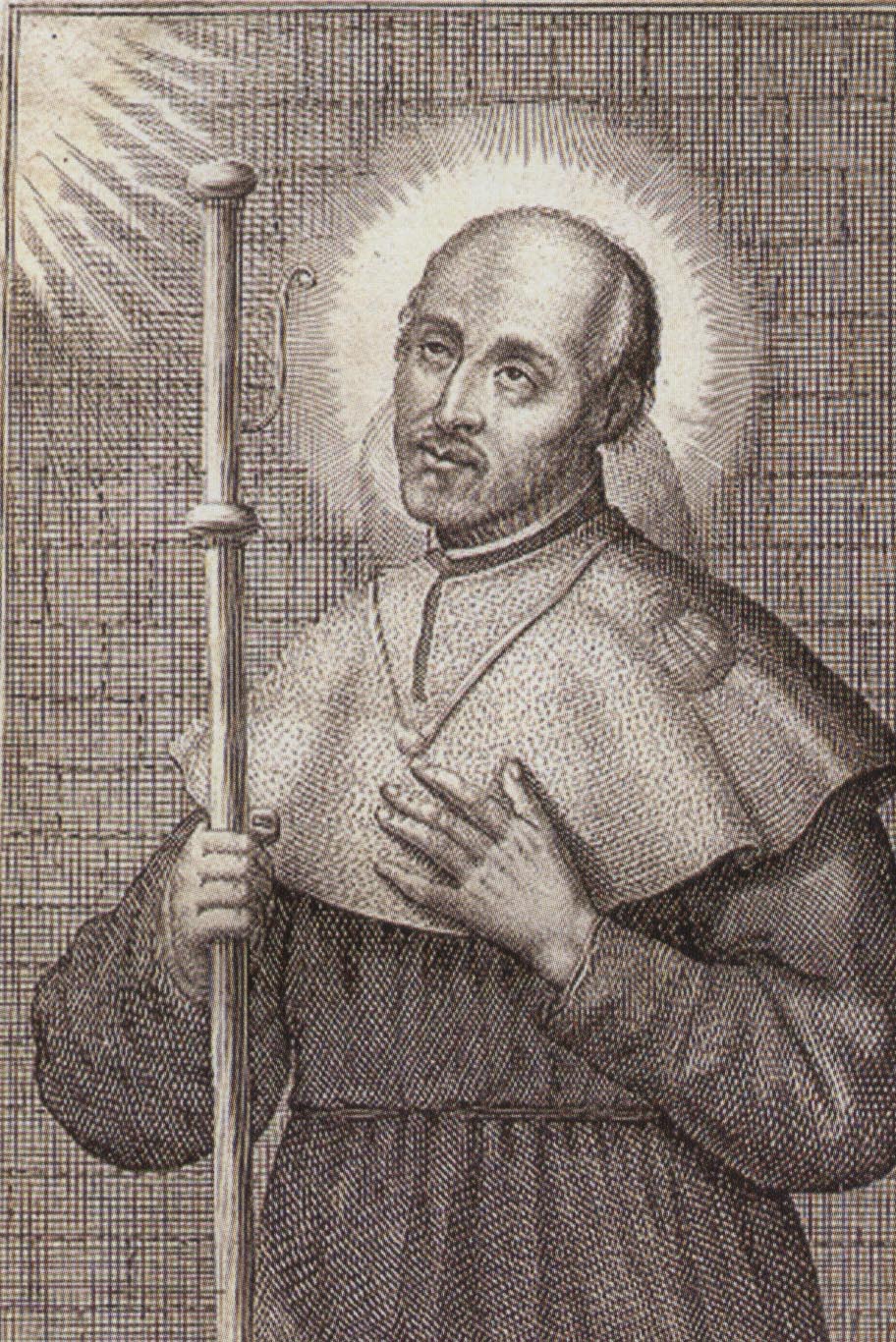 Jesuits end meeting by approving decrees, confirming fidelity to pope
Jesuits end meeting by approving decrees, confirming fidelity to popeBy Cindy Wooden
ROME (CNS) -- The Jesuit General Congregation concluded two months of work by approving five decrees, including one on obedience, and a separate document reaffirming the Jesuits' allegiance to the pope and fidelity to church teaching. The 225 Jesuits elected to represent their almost 20,000 confreres around the world marked the end of their meeting with a March 6 Mass of thanksgiving in Rome's Church of the Gesu, site of the tomb of St. Ignatius of Loyola, the Jesuit founder. Meeting reporters March 7, Father Adolfo Nicolas, who was elected superior general of the Jesuits in January, called the meeting an experience of
"the union of hearts, the union of the society" and of its "union with its head, who is the Holy Father."
The congregation approved formal decrees focused on the Jesuit mission in the modern world; Jesuit identity; collaboration with those outside the Jesuits; internal governance; and obedience, to one's superior as well as to the pope. The decrees will be translated and distributed to Jesuits before they are released publicly. In addition to the five decrees, the congregation approved a formal declaration titled "With New Fervor and Dynamism, the Society of Jesus Responds to the Call of Benedict XVI."
In a January letter, Pope Benedict asked the Society of Jesus "to affirm its fidelity to the magisterium and the Holy See,"
Father Nicolas said. The new superior said the delegates approached the question "with interest and enthusiasm and also with joy." "The Society of Jesus was born within the church, we live in the church, we were approved by the church and we serve the church. This is our vocation," he said.
Unity with the pope "is the symbol of our union with Christ. It also is the guarantee that our mission will not be a 'small mission,' a project just of the Jesuits, but that our mission is the mission of the church,"
Father Nicolas said. Promising fidelity to and union with the pope is not and never was seen as a limitation for the Jesuits, he said. "This tradition of obedience ... has never stopped us, not in theological research, not in apostolic creativity, not in proposing new ways to live the Christian faith," he said. The superior general said, "A serious, enthusiastic and joyful obedience to the Holy Father does not reduce in any way the ability of the society to reflect, to create, to continue moving forward in a dynamic service to the church."
However, he said, being called to look again at the traditional relationship of unity with the pope "was a good occasion for becoming aware that we need a bit of humility, something for which the Jesuits are not famous." "We need the humility of knowing that we are not God,"
and that listening to others and being challenged by them is a source of spiritual and intellectual growth, even when the challenge is posed by the Vatican's doctrinal congregation in the face of a Jesuit theologian's work. Questioning and challenging "is creative for us and for the church," Father Nicolas said, which is why the congregation members approved the document urging all Jesuits "to take up again our tradition of fidelity to and affection for the Holy Father and the Holy See."
Father Carlo Casalone, the Jesuit superior for Italy, told reporters that the congregation members insisted that "obedience is not conformity, but a shared search for the will of God."
It is not a denial or sacrifice of freedom, but a willingness to use one's freedom to respond to the call of the order and of the church, "a freedom for commitment, to make ties, not break them," he said. The first Jesuits saw themselves as modern apostles, and since the apostles were sent on a mission by Christ, modern apostles must be sent by the vicar of Christ, the pope, he said. Father Nicolas said the creativity needed to minister effectively in the modern world and particularly on "the frontiers" of dialogue with science, cultures and other religions -- areas Pope Benedict asked the Jesuits to focus on -- obviously carries the risks of being misunderstood or of straying too far from tradition. But
"the only way to respond to reality today is creatively. It's the only way. I am afraid when I find a young Jesuit, or someone who comes to consult with me, with a reduced, narrow frame of mind," he said. "This person is not able to grow. To grow we need to go beyond the framework we have intellectually, spiritually and humanly."
The new superior said, "I encourage young Jesuits to study in a way that is creative, opens horizons, helps them see other points of view, other frameworks." The congregation, he said, affirmed the importance of Jesuit work in the field of education, especially in Asia and other places where the majority of people are not Christian. The Jesuit focus on the education of their members and of others is not so they become great scholars, he said, but so they can "build bridges between our lives, our faith, the Christian tradition and other cultures, traditions and religions that have a depth and experience to share."


















